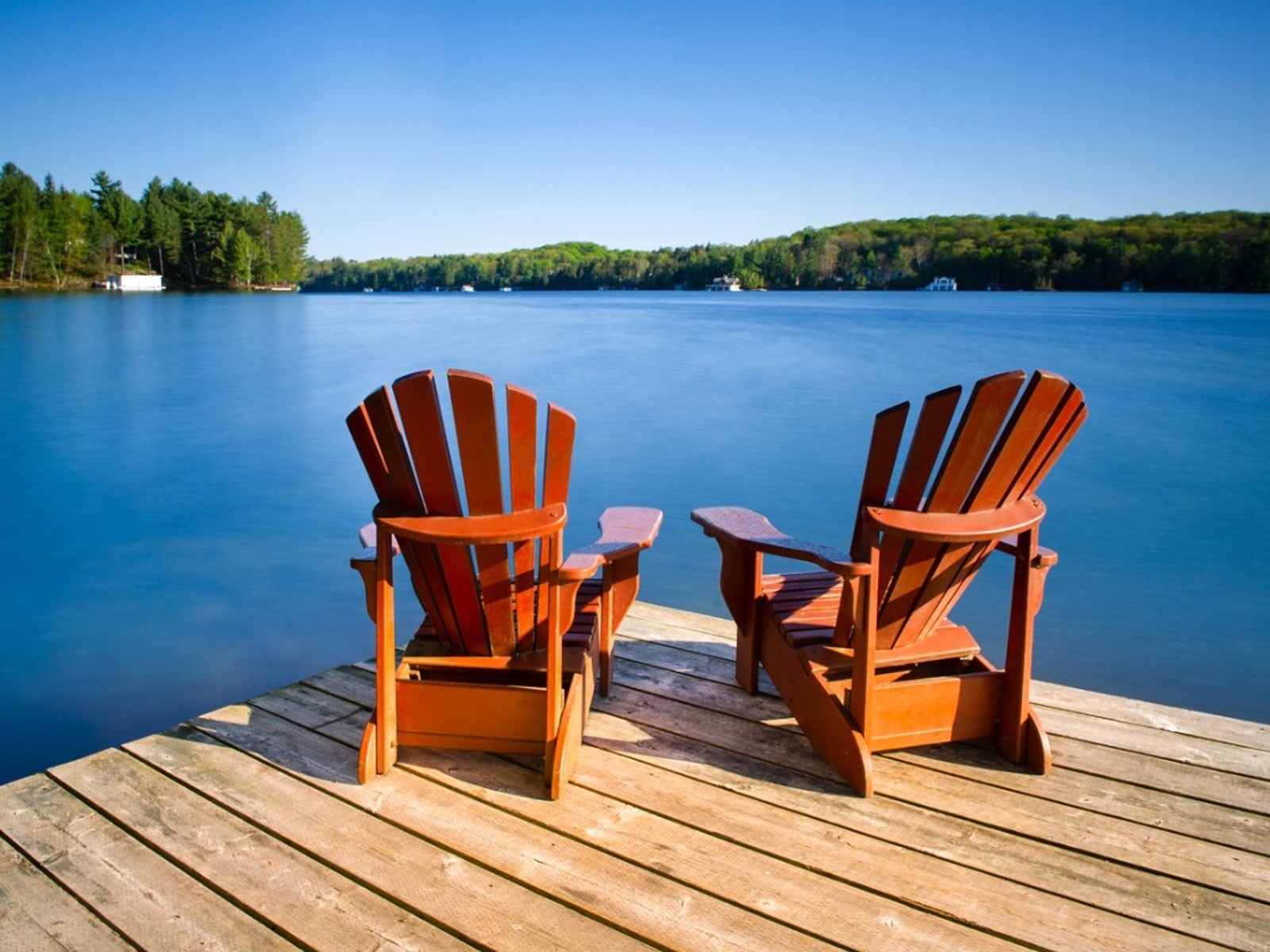Pros And Cons Of Using Lake Water For Garden Beds


Utility costs are on the rise, so conservation can really impact the bills. Using available water to irrigate the landscape is an attractive option, but there are some considerations. Pumping water from a lake for irrigation may not be allowed in some regions. Every locality has its own rules, so it is important to check with authorities to determine if you can pump water from lake to garden.
Riparian laws, or those that govern natural bodies of water, are determined by state government. Even if you are using a body of water on your property such as a pond, there are other concerns. Bacteria and pathogens have been found to contaminate produce, livestock, and vegetation. Very dangerous diseases may occur if you pump water from a pond to a garden. It is crucial to have a water sample tested to determine if it is safe to use.
Can I Use Pond Water to Water My Garden?
Plants need water, and deciding what to use to irrigate is up to individual gardeners. Municipal water is generally safe to use, but it comes at a cost. A pond located on the property or a well are potential water sources. In many areas, if a property touches a lake or other freshwater source, the water supply may be used in reasonable amounts, but a permit may be required.
Any water that is used from the land will require a pump. These may be electric or gas powered, and should be sufficiently strong to easily drive water to the area. Many ponds are designed as run-off catchments. These might be contaminated by road water that could have oil or other contaminants. A natural pond is often host to water fowl, which have the potential to spread diseases like Avian flu. Using fish pond water for gardens may also have harmful algae growth and disease.
Wild Water Irrigation Concerns
In addition to the legal questions of irrigating with nearby ponds or lakes, there are a multitude of water borne pathogens. Salmonella, Giardia, E. coli, and several viruses such as Hepatitis could be present in wild waters. Surface waters like ponds and lakes are open to contamination by animals, run-off, and other actions. Be aware of what industries share the water, since contamination by certain productions is a common occurrence. Recreational lakes often have a slick of oil from boating activities that is not good for plants.
How to Test Wild Water
The best way to ensure the water is safe to use on your property is through a water test. The Department of Public Health or Land Management can point a property owner in the right direction. Make sure the sample is sent to a reputable laboratory.
In the case of a fish pond, an aquarium supply store can provide test kits for certain levels of minerals but is not adequate to detect fecal contamination or pathogens. Many colleges and universities have extension centers which may have water test kits and instructions on how to interpret them. Once the water is deemed safe, follow all local rules and laws and ensure you do your part to keep the water clean.
Gardening tips, videos, info and more delivered right to your inbox!
Sign up for the Gardening Know How newsletter today and receive a free copy of our e-book "How to Grow Delicious Tomatoes".

Bonnie Grant is a professional landscaper with a Certification in Urban Gardening. She has been gardening and writing for 15 years. A former professional chef, she has a passion for edible landscaping.